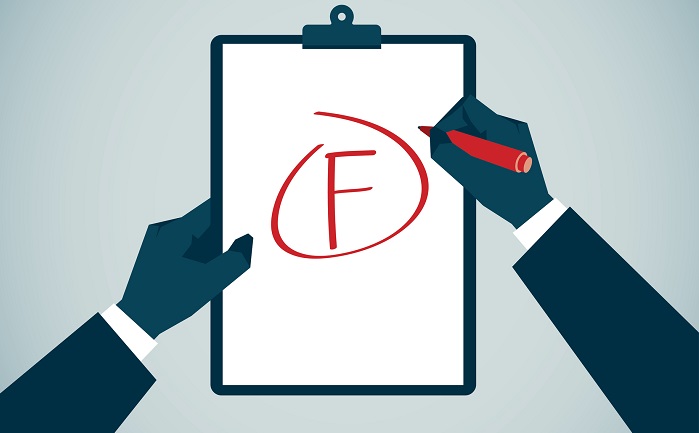The EU has planned for a blacklist for months and intended to have one published by the end of the year but brought discussions forward after the Paradise Papers leak, reports Reuters.
Bermuda-headquartered law firm Appleby was hacked in 2016 and the data shared with the International Consortium of Investigative Journalists (ICIJ), the group responsible for breaking the Panama Papers scandal.
The latest revelations “put renewed emphasis on the work the European Commission is doing to fight tax avoidance”, the vice president of the EU’s executive arm, Valdis Dombrovskis, told reporters on Monday.
United front
At present, each member state has its own definition and list of less cooperative jurisdictions. The intention is to create a single list to discourage the rerouting of profits made in the EU to low- or no-tax countries, such as Panama and Bermuda.
“It’s time that we agree and publish a blacklist on tax havens,” EU tax commissioner Pierre Moscovici told reporters, calling for a “credible” list and “adequate sanctions” when serious breaches are unveiled, reports Reuters.
There are no details yet of the type of sanctions that could be imposed, although simply being on the list could discourage individuals and companies from putting money in those jurisdictions.
In August, it was reported that the EC was considering four different kinds of sanctions.
Moscovici added that the EU blacklist should be more ambitious than the existing list of the Organisation for Economic Cooperation and Development (OECD), a global group of mostly rich nations that has so far been leading the fight against tax avoidance.








